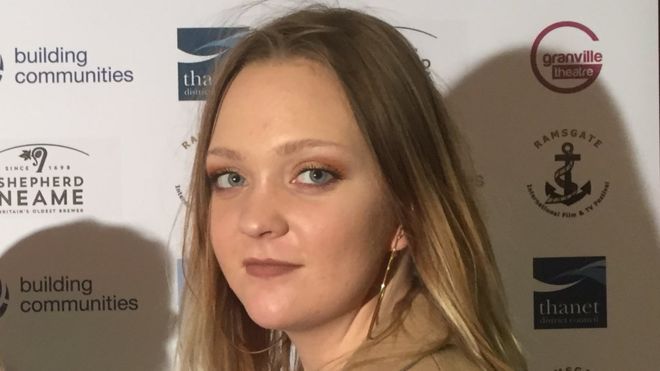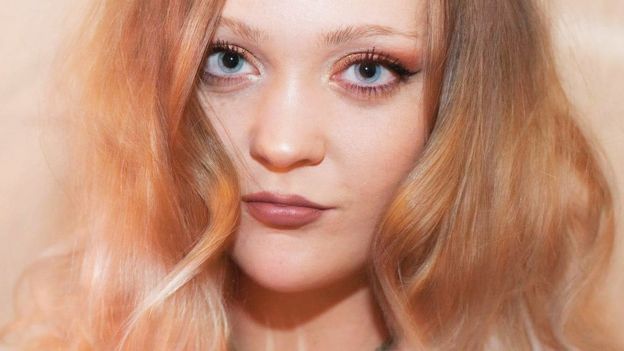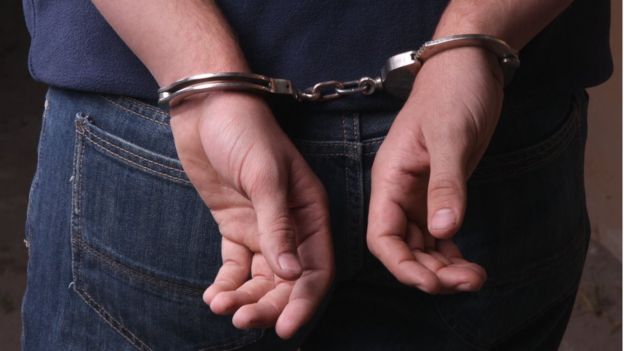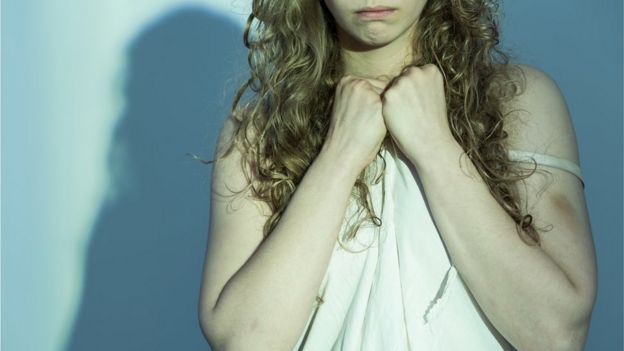This is the story of Lillian Constantine, a british 19-year-old was raped in 2016.
Lillian made sure that the man who attacked you outside to the prison and now with your testimony wants to encourage other victims of sexual assault to report the crimes to the police.
[caption id="" align="aligncenter" width="905"]
 Lillian Constantine considered leaving the case, but in the end managed to put her aggressor in prison.[/caption]
Lillian Constantine considered leaving the case, but in the end managed to put her aggressor in prison.[/caption]Constantine spoke with the BBC about his ordeal. These are his words.
I want people to know everything that happens after a rape.
I do not speak only of how horrible it is that your body becomes a crime scene and that you do over and over again the same questions. I also speak of all you have to do, and, most importantly, I talk about that things improve with time.
A year ago, a stranger raped me when I was just 60 seconds from my house. I was 18 years old.
There was a complete darkness and I gave him the record button of my cell phone thinking that the man to see the light would be stopped.
I yelled "I'm recording, I'm recording! you're not going to go out with yours", but it threw me to the ground and raped me without hesitation.
Did not last long, but it gave me the impression that you never had just.
When it happened I was so close to my house... that I didn't even for the head to feel fear.
I ran home and my parents called the police. I was told that I could not take a shower, brush my hair or teeth.
It seems like a big cliché, but you feel so dirty... all I wanted to do was to give me a shower and get me all of the above.
We were told that we were the Centre of Reference of the closest Sexual Assault, which is not opened until the next morning and is 45 minutes away by car.
[anuncio_b30 id=1]
"My body became a scene forensic"
This centre is in reality to do a forensic analysis of your body.
[caption id="" align="aligncenter" width="885"]
 Lillian Constantine encourages other victims of sexual assault to report what happened to them.[/caption]
Lillian Constantine encourages other victims of sexual assault to report what happened to them.[/caption]It is surreal. In the moment you enter, you have to undress completely. You have to sleep in a stretcher made of metal while someone puts things in the vagina.
Measured bruises and cuts to the millimetre.
The women who worked in the centre were all very friendly. We talked about my tattoos and made me feel very safe.
I did a test for sexually transmitted diseases, an HIV test and a pregnancy test.
They also gave me a treatment with pills called post-exposure prophylaxis, to prevent infection by the HIV virus. I didn't even know that was there. After I had to take it three times a day for a month.
The medication gave me nausea and dizziness, and while I drank I had to go to the doctor to get tests. So during that first month I punctured and they looked constantly.
"As a lab rat"
I went from being a normal student and current that would class someone that was visiting police stations. I felt like a lab rat.
I can not count the times that I told my story to the police.
Once I did questions extremely intimate about the violation.
"What you went up or you dropped the skirt? Have you entered this side or the other?".
I wasn't expecting that at all. I cried with hysteria, and I thought: "I cannot do this myself". And in that moment I thought of removing it from the case.
[anuncio_b30 id=1]
Sorthe 15% complaint
I'm not the only one who considers it. There are so many people who were assaulted and not say anything... I Thought, why can't I be one of those? why do I do this?
According to the british organisation Rape Crisis is only approximately 15% of those who experience sexual violence choose to report it to the police. While in that country only 5.7% of reported cases end in a conviction.
But in the end, that plan of "leave the case" only lasted a week.
I thought "if you have the opportunity to take that criminal out of the streets, you have to try."
"If I do this, I can do anything"
In some ways I wanted to prove something to myself. I remember sitting in my bed and think: "if I do this, I can do anything".
Without the video I recorded, maybe they would have never found my attacker.
[caption id="" align="aligncenter" width="907"]
 According to Rape Crisis, only 15% of sexual assaults are reported and only 5.7% result in a conviction.[/caption]
According to Rape Crisis, only 15% of sexual assaults are reported and only 5.7% result in a conviction.[/caption]In the trial used it as key evidence.
My abuser pleaded guilty to some of the charges and was sentenced to 13 years.
In the trial I was with my mother, social worker and other people who helped me and I could see the relief on their faces: all those months of stress and anticipation ended suddenly.
So I felt I also: a relief overwhelming. I felt I was closing a cycle. Now he could move forward with my life.
"You have to get up and keep fighting
A few months after I published on YouTube a video called "What they are not telling you about sexual assault". Is the video that I would like to have seen before what happened to me at my.
In it are tips on how to cope and consider everything that can happen after the attack, for people to be prepared for the whole process of indictment.
[caption id="" align="aligncenter" width="978"]
 "Every day I say to myself" bad things happened, but you have to get up and keep fighting, "says Lillian.[/caption]
"Every day I say to myself" bad things happened, but you have to get up and keep fighting, "says Lillian.[/caption]Rape Crisis says that we should give some explanations on how it works the criminal justice and the processes of forensics. And I am in total agreement with that.
For me to know what was going to happen it would have made everything a little bit easier. If not, it is like drowning in icy waters and deep.
I think that if people knew what can happen next, both from the medical point of view as legal, there would be more likely to follow through with the legal process, and that is important.
Many movies show how victims of sexual assault are isolated or lose the head. We need more victims of sexual assaults that come to light and show that things need not fall precipitously.
You can't let that rape defines you. Every day I tell myself "passed bad things, but you have to get up and keep fighting".
SOURCE: BBC


No comments:
Post a Comment